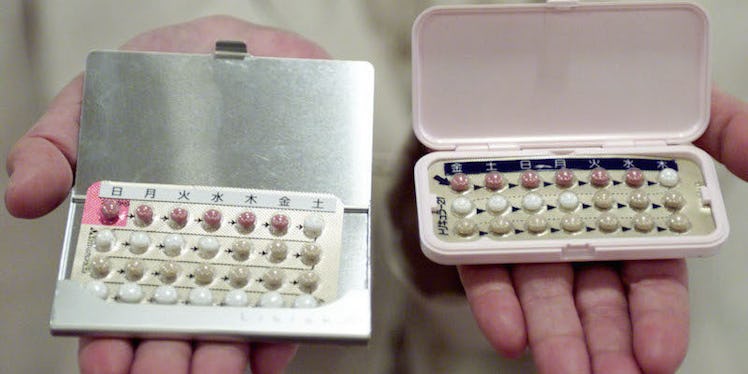
The One Thing That Could Save Women From Zika Isn't Reaching Puerto Rico
As much as 25 percent of the population of Puerto Rico could be hit with the Zika virus by the end of this year, according to experts.
Because of these predictions, Puerto Rican women are being encouraged to delay getting pregnant for at least a year. If a fetus gets infected with Zika, it could suffer from a rare birth defect called microcephaly, amongst other neurological developmental problems.
But in order to delay pregnancy, Puerto Rican women need contraceptives, which are currently just sitting around with nowhere to go.
Pharmaceutical companies have distributed 60,000 IUDs and 80,000 pill packs to the CDC, but the contraceptives are unable to be delivered to women in need because money is scarce and there are very few trained doctors on the island.
This unfortunate fault in the Puerto Rican health care system poses a huge risk to the 138,000 women who are at risk of unplanned pregnancies, as 191 pregnant women have already tested positive for Zika.
So far, $1.7 million has been raised, which was enough to train only two dozen doctors and provide free services to 700 women. The CDC says it will need another $20 million to train more doctors and cover the costs of birth control.
Gavin Corcoran, Chief Medical Officer at Allergan, notes that everyone is doing their best to keep Puerto Rican women safe:
We are working with the CDC Foundation on the distribution arrangements to ensure that product gets to Puerto Rico as quickly as possible.
Puerto Rico is currently at high risk for Zika due to poor infrastructure, as well as large numbers of mosquitoes carrying the virus.
Citations: Thousands of IUDs and Pill Packs Donated to Puerto Rico Are Just Sitting Around (NY Mag), Exclusive: In Zika-struck Puerto Rico, trouble delivering donated contraceptives (Reuters)